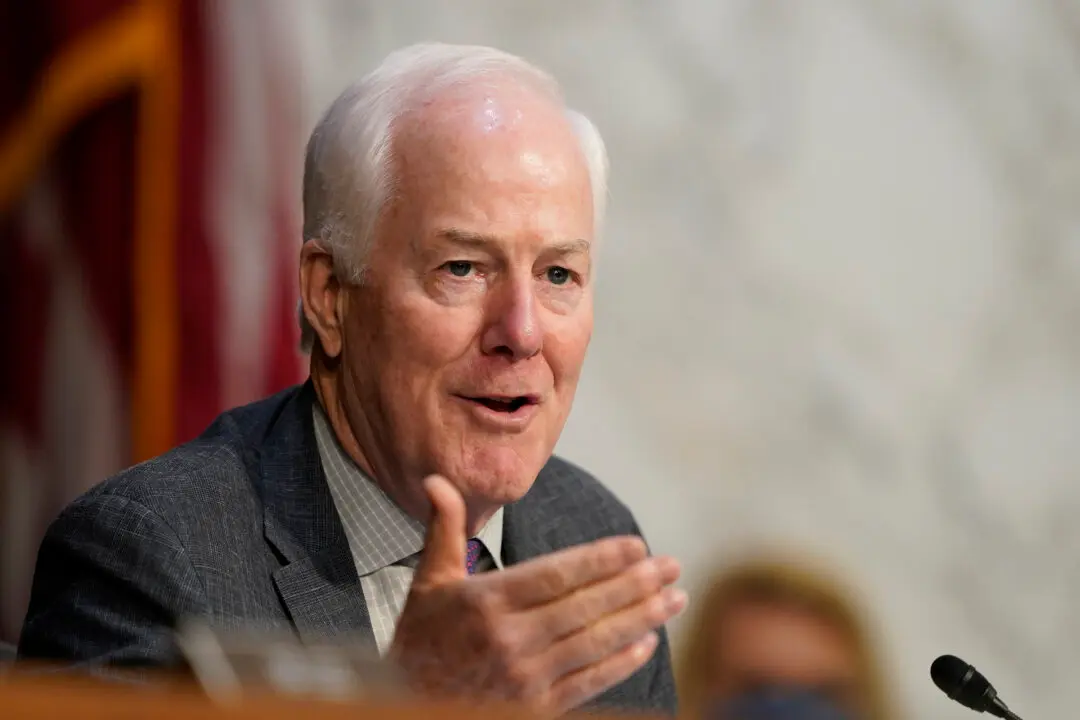The Ohio Supreme Court voted 4-3 to reverse a man’s conviction for rape and kidnapping—a ruling that one defense lawyer called “a very, very bold decision.”
For the first time in its 220-year history, the state’s highest court was asked to consider whether a defendant was denied a fair trial because the crime victim was introduced as the prosecutors’ “representative” and then was allowed to sit at the prosecution table throughout the 2018 acquaintance-rape trial of Theodis Montgomery.





